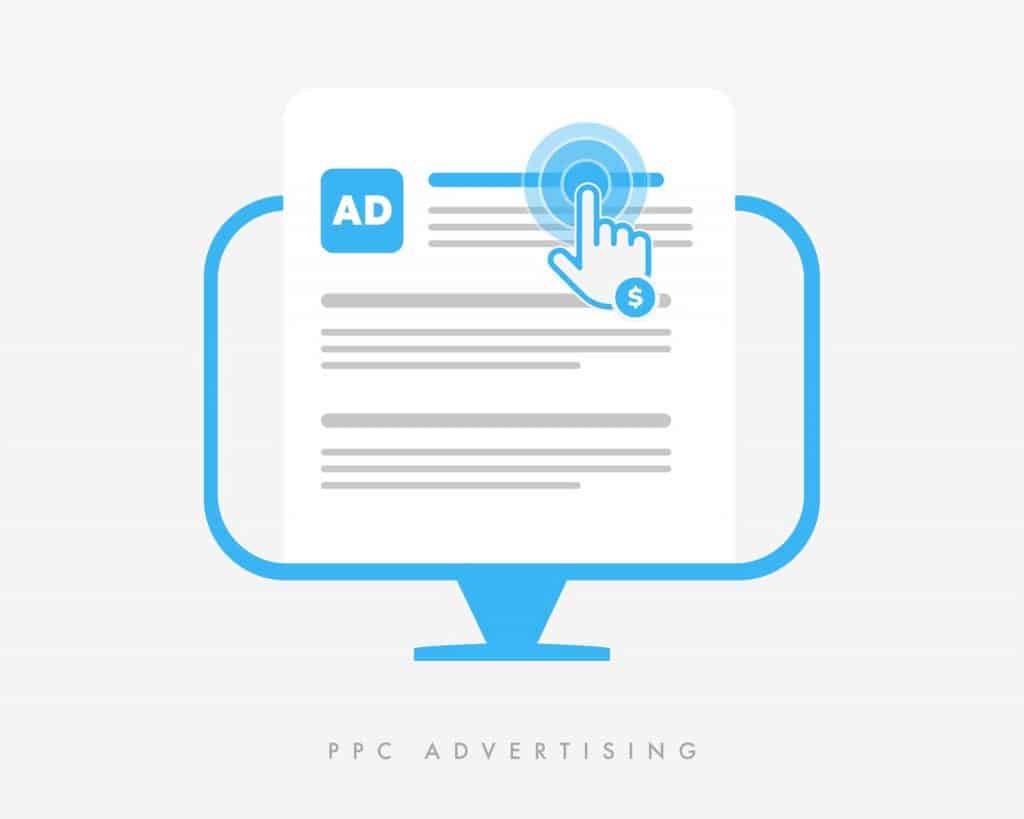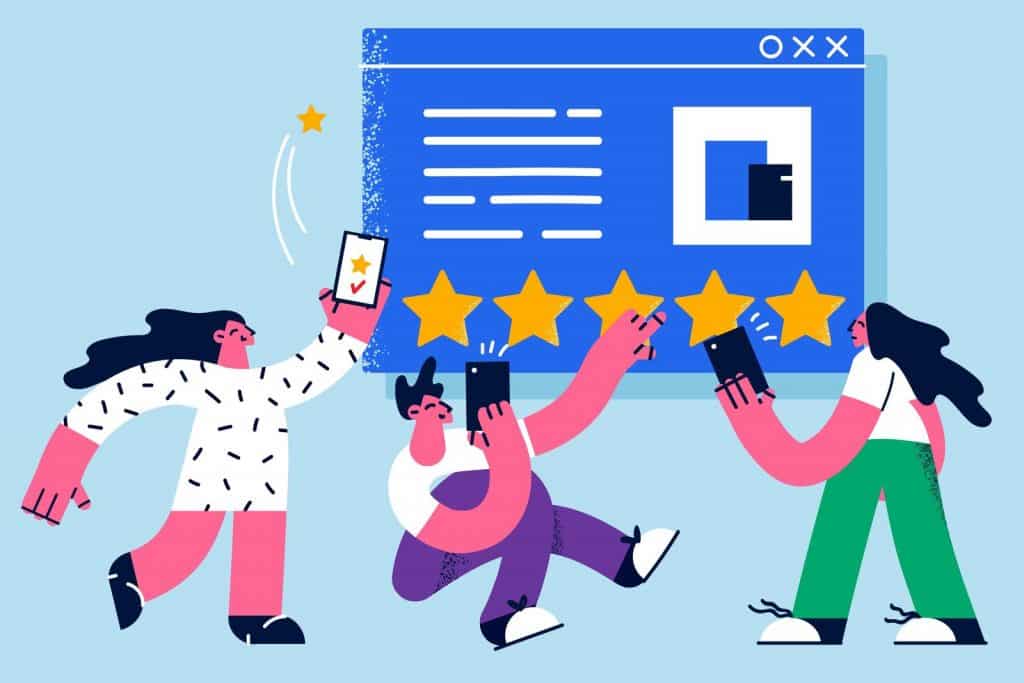As a business owner, you understand the importance of using the right marketing strategies to reach your target audience and grow your business.
Social media is a powerful tool that can help you achieve your marketing goals, but with so many different strategies to choose from, it can be overwhelming.
In this article, we’ll explore some of the most effective social media marketing strategies that you can use to increase brand awareness, engage with your audience, and drive more sales.
From content marketing and influencer marketing to paid social media advertising and user-generated content, we’ll cover it all.
1. Content Marketing

Content marketing is one of the most effective social media marketing strategies for businesses of all sizes.
At its core, this strategy focuses on creating and sharing valuable, relevant, and consistent content to attract and retain your target audience.
Whether you’re creating blog posts, infographics, videos, or any other type of content, the goal is to provide your audience with information they find useful and engaging.
For example, if you own a clothing store, you might create blog posts on the latest fashion trends, share behind-the-scenes photos of your store, or create how-to videos on styling different pieces of clothing.
These pieces of content not only provide valuable information to your audience, but they also help to build a stronger connection between your brand and your target audience.
One of the biggest benefits of content marketing is that it can help you attract new customers and build a stronger relationship with your existing customers.
By consistently providing your audience with valuable and relevant content, you demonstrate that you care about their needs and interests.
This can increase brand loyalty and help you build a stronger community around your brand.
Another benefit of content marketing is that it can increase your online visibility and help you reach a wider audience.
When you create and share valuable content, your followers are more likely to share it with their own followers, increasing your reach and helping you to reach new potential customers.
Search engines also tend to reward websites that regularly produce high-quality content, which can help you improve your search engine rankings and attract more organic traffic.
2. Influencer Marketing

Influencer marketing is another popular social media marketing strategy that involves partnering with social media influencers to promote your brand and reach a larger audience.
It’s is a type of word-of-mouth marketing that leverages the influence and credibility of a trusted third-parties to drive sales and build brand awareness.
For instance, if you sell a new line of natural skincare products, you might partner with a well-known beauty influencer on Instagram who has a large following of people interested in natural beauty products.
This influencer would then create content showcasing your products, such as a review or tutorial, and share it with their followers.
By leveraging the influencer’s audience and credibility, you can reach a larger and more targeted audience than you might be able to through traditional advertising methods.
Influencer marketing can be especially effective because consumers are often more likely to trust and take action based on the recommendations of someone they follow and trust.
This can help you build credibility and trust with your target audience, increase brand awareness, and drive more sales for your business.
In addition to reaching a larger audience, influencer marketing can also help you tap into new markets and demographics.
By partnering with influencers who appeal to a specific target audience, you can reach new customers and expand your brand’s reach.
Another benefit of influencer marketing is that it can be more cost-effective than traditional advertising methods.
While the cost of working with an influencer can vary depending on their reach and the type of content they create, it can still be a more cost-effective option than traditional advertising methods, such as TV or print ads.
3. Paid Social Media Advertising

Paid social media advertising is a strategy that involves using paid advertising on social media platforms to reach a wider audience and drive more traffic to your website.
This type of advertising allows you to target specific demographics and interests, making it a highly effective way to reach your target audience.
For example, let’s say you run a small bakery and you want to reach a larger audience on Instagram.
By using paid social media advertising, you can target users who have shown an interest in baking or food, increasing the chances that they will engage with your content and ultimately visit your bakery.
Paid social media advertising can be effective since it allows you to reach a wider audience and drive more traffic to your website.
By using paid advertising, you can get your content in front of more people and increase the chances that they will engage with your brand.
In addition, paid social media advertising allows you to be highly specific and targeted with your advertising efforts.
You can target specific demographics, interests, and behaviors, making it a highly effective way to reach your target audience.
4. Social Media Engagement

Social media engagement is all about building and maintaining relationships with your target audience.
By actively engaging with your followers, you create a strong community around your brand and foster customer loyalty.
This is crucial for businesses because a loyal customer base is essential to long-term success.
Here are a few examples of social media engagement strategies:
- Responding to comments and messages in a timely manner
- Hosting live Q&A sessions with your followers
- Sharing user-generated content
- Running social media contests and giveaways
- Asking for feedback from your followers
By engaging with your audience, you show that you value their opinions and care about their experiences with your brand.
This can lead to increased brand awareness and a positive perception of your business.
Additionally, when your followers feel connected to your brand, they are more likely to become loyal customers and recommend your business to others.
In today’s competitive business landscape, social media engagement is more important than ever.
By actively engaging with your followers and creating a strong community around your brand, you can differentiate yourself from your competitors and establish a loyal customer base that will support your business for years to come.
5. Video Marketing

Video marketing is a powerful way to connect with your target audience and promote your brand.
By using visually engaging content, you can tell your brand’s story in a way that captures the attention of your audience and leaves a lasting impression.
Here are a few examples of video marketing strategies:
- Product demos and tutorials
- Behind-the-scenes looks at your business
- Customer testimonials and success stories
- Animated explainer videos
- Live-streamed events and Q&A sessions
Video marketing is an effective way to reach your audience because it allows you to show, not just tell, your story.
It’s a great way to humanize your brand and build an emotional connection with your audience.
People are also more likely to share video content, so it can help you reach a wider audience and increase your brand’s visibility.
In today’s fast-paced digital landscape, it’s important to find ways to stand out from the competition.
Video marketing can help you do just that. By using engaging and creative content, you can capture the attention of your target audience and establish a strong emotional connection with them.
This can lead to increased brand awareness, customer engagement, and ultimately, sales.
6. User-Generated Content

User-Generated Content (UGC) is a strategy that involves encouraging your followers to create and share content about your brand on their own social media channels.
This type of content can include things like product reviews, testimonials, and photos or videos of them using your products or services.
One of the biggest benefits of UGC is that it increases brand awareness and helps build trust with your audience.
When people see real people using and enjoying your products or services, it can be more persuasive and credible than traditional advertising.
UGC can also help drive more traffic to your website and social media channels, as followers may share your brand’s content with their own followers, exposing your brand to a wider audience.
For instance, if you run a bakery, you could encourage your customers to share photos of their favorite baked goods from your shop on their own social media channels, using a specific hashtag that you’ve designated for your brand.
This way, when people search for that hashtag, they’ll see all of the positive experiences that other people have had with your products.
By encouraging your followers to create and share content about your brand, you can create a community of loyal customers who are passionate about your products or services.
7. Influencer Outreach

Influencer Outreach is a popular social media marketing strategy that involves working with social media influencers to promote your brand.
It’s a powerful way to reach a wider audience and build brand awareness.
By collaborating with influencers, you can tap into their audience and gain exposure to new potential customers.
For example, let’s say you own a beauty brand and you partner with a popular beauty influencer who has a large following on Instagram.
The influencer can promote your products to their followers by showcasing them in a makeup tutorial or reviewing them on their page.
This type of promotion can drive traffic to your page, increase sales, and help build brand recognition.
Why is Influencer Outreach Important?
Influencer outreach is important because influencers have a large, engaged following that trusts their opinions.
When an influencer promotes your brand, it’s like getting a personal endorsement from them.
Their followers are more likely to trust their recommendation and become interested in your brand.
In addition, it can help you reach a target audience that may be difficult to reach through traditional advertising methods.
It allows you to reach a specific niche, such as beauty, fashion, or lifestyle, and connect with customers who are interested in your products or services.
8. Employee Advocacy

“Employee Advocacy” is a powerful strategy that involves involving your employees in promoting your brand on social media.
This is a great way to reach a larger audience and increase brand awareness, as well as build trust and credibility with your followers.
Here’s why this strategy is so important: when people see that your employees are excited about your brand and actively sharing content about it, they are more likely to trust and be interested in what your brand has to offer.
This can lead to an increase in website traffic and conversions, and can also help establish your brand as a thought leader in your industry.
An example of a successful employee advocacy campaign is encouraging your employees to share company news, promotions, and events on their personal social media accounts.
This not only expands the reach of your message, but it also allows your employees to act as ambassadors for your brand.
9. Interactive Content

Interactive Content is a social media marketing strategy that focuses on creating engaging and interactive content such as quizzes, polls, and surveys.
The purpose of this strategy is to increase engagement with your target audience and build a stronger connection with them.
This type of content is designed to be fun and engaging, making it an effective way to capture the attention of your audience and keep them interested in your brand.
One example of interactive content is a quiz.
By creating a quiz that relates to your brand or product, you can not only increase engagement, but also gather valuable information about your audience.
For example, a fashion brand could create a quiz that asks users to determine their personal style, and then make product recommendations based on their answers.
This type of content can not only increase engagement, but also help you better understand your target audience, allowing you to make more informed decisions about your marketing strategy.
Another example of interactive content is a poll.
By asking your audience for their opinions on a topic related to your brand, you can increase engagement and build a stronger connection with your target audience.
For example, a food brand could create a poll asking users to vote on their favorite type of cuisine, and then use the results to create content that resonates with their audience.
Interactive content is an important aspect of a social media marketing strategy because it allows you to build a stronger connection with your target audience.
This type of content is designed to be fun and engaging, making it an effective way to capture the attention of your audience and keep them interested in your brand.
On top of this, it helps to provide valuable insights into your target audience, allowing you to make more informed decisions about your marketing strategy.
10. Reputation Management

As a business owner, you want to make sure that your online reputation is in good standing, and that your customers trust you and your brand.
This is where Reputation Management comes in.
Reputation Management is all about monitoring and responding to online reviews and feedback.
This can include responding to comments or questions on your social media accounts, or keeping an eye out for reviews on websites like Yelp or Google.
By doing this, you can maintain a positive online reputation and address any negative feedback or concerns in a timely and professional manner.
Why is Reputation Management important for your social media marketing strategy?
Your online reputation can greatly impact your business, especially in today’s digital age where customers are likely to look up your brand online before making a purchase.
If you have a large number of negative reviews or feedback, potential customers may choose to take their business elsewhere.
On the other hand, if you have a positive online reputation, customers are more likely to trust your brand and make a purchase.
For instance, imagine a customer has a negative experience with your business and they leave a negative review online.
By monitoring your online reputation, you can respond to the customer and address their concerns.
This shows potential customers that you care about your customers and that you’re willing to make things right.
In turn, this can improve your online reputation and help you attract more customers.
11. Affiliate Marketing

Affiliate Marketing involves partnering with affiliates to promote your products or services on social media platforms.
Affiliates are individuals or companies that promote your brand in exchange for a commission on sales they generate.
This strategy is important because it allows you to reach a wider audience and drive more traffic to your website through your affiliates’ networks.
Social media platforms such as Instagram, YouTube, and TikTok have large and engaged audiences, making them perfect places for affiliates to promote your brand to a new audience.
For example, let’s say you own a clothing store and you partner with a fashion influencer on Instagram.
The influencer promotes your clothing line on their page and includes a special code or link for their followers to use when purchasing from your store.
When a sale is made using this code or link, the influencer earns a commission.
This strategy is a win-win for both parties: you reach a wider audience and increase sales, while the influencer earns a commission for promoting your brand.
By partnering with multiple affiliates, you can reach even more people and increase your chances of driving sales.
However, it’s important to carefully choose your affiliates and make sure they align with your brand values and target audience.
You also want to make sure they have a strong following and a positive online reputation.
Conclusion
As you can see, there are numerous effective social media marketing strategies that businesses can use to increase their brand awareness, engagement, and sales.
Content marketing, influencer marketing, paid social media advertising, social media engagement, video marketing, user-generated content, influencer outreach, employee advocacy, interactive content, reputation management, and affiliate marketing are all valuable tools for businesses to leverage.
By using these strategies, businesses can effectively target and engage their ideal audience, foster brand loyalty and trust, and ultimately increase their bottom line.
Each strategy has its unique benefits and can be tailored to suit a business’s specific goals and target audience.
It’s important to remember that social media marketing is an ever-evolving field, and staying up-to-date with the latest trends and strategies is crucial to maintaining a competitive edge.
By investing in social media marketing and implementing these strategies, businesses can build a strong online presence and connect with their audience in meaningful ways.

